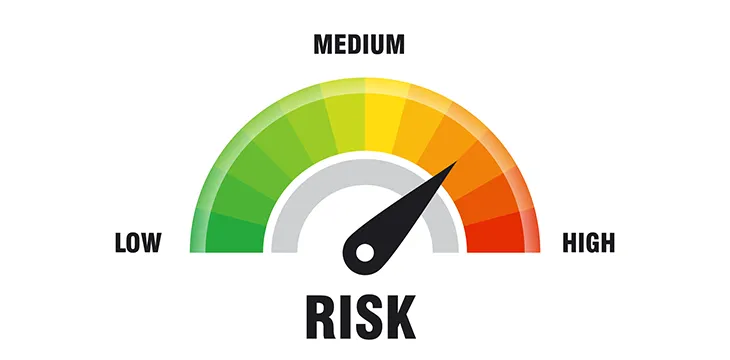|
Getting your Trinity Audio player ready...
|
Binance poses a risk to Philippine traders and possibly the country’s entire digital asset sector, according to public policy think tank Infrawatch PH. Infrawatch said Binance’s recent BNB exploit, estimated to involve around $570 million worth of the tokens, matched over a quarter of the value of the Philippines’ largest digital asset exchanges combined.
Infrawatch was referring to an exploit last week that reportedly saw a hacker create half a million dollars worth of “new” BNB assets, possibly by utilizing the protocol’s routine asset-burning process and the BSC Token Hub cross-chain asset-swapping function.
The hacker didn’t manage to escape with the full amount. Binance claimed an impact of “only” $110 million. However, it has only managed to freeze $7 million in transactions involving the BNB assets in question.
Binance published “urgent fixes” to its BSC node client software earlier today “to mitigate the cross-chain infrastructure between Beacon Chain and Smart Chain.”
The new BSC node client with urgent fixes is out: https://t.co/s1pjwK5GR8.
@CoinbaseCloud, @Figment_io, @bscscan, @Nodereal_io, @TrustWallet, @bnb48club, @HashQuark, @InfStones, @ankr, @CertiK, @MathWallet, …— V (@v_bnbchain) October 11, 2022
Given the scale of the exploit compared to the comparatively smaller size of the Philippines’ economy, it could potentially derail the country’s digital asset trading market in one hit. The Philippines’ other major platforms, Voyager, PDAX, and Coins.ph had a combined 2022 valuation of around $450 million, said Infrawatch PH Convenor Terry Ridon.
“Hard-earned investments of Filipino crypto users can vanish faster in the blink of an eye if Binance involved Filipino investors. And as the platform remains unlicensed to date, Filipino investors have no recourse except to rely on Binance’s commitment to make affected investors whole. Government regulation exists precisely to afford the public sufficient recourse during these types of events,” noted Ridon.
Binance has a localized version of its international trading platform aimed at Filipino traders. However, it remains outside the jurisdiction of regulators there. Infrawatch PH has forwarded its warning to Philippines digital asset regulators, cautioning against allowing Binance to enter the domestic market officially.
“The hack confirms the clear vulnerabilities of allowing an unregistered exchange to continue operating in the country without real consequences,” Ridon added.
“Crypto regulators such as the Bangko Sentral ng Pilipinas (BSP) and the Securities and Exchange Commission (SEC) should not less this pass unnoticed, and initiate action to make Binance accountable, including preventing its backdoor entry through any licensed virtual asset service providers,” he said.
Ridon noted a “sobering context” that the Philippines has about 2.3 million digital wallets, with a typical median balance of US$191.
Ridon isn’t suggesting an exploit exactly like last week’s BNB hack would have directly impacted the Philippines’ users. However, should another incident take place that saw money vanish directly from local users’ wallets, it could cause problems.
Binance’s “your funds are safe” line has become a mantra following incidents involving the company over the years. However, its reputation for covering losses is only as good as Binance’s ability to continue doing this, given that regulators in several countries are unable to enforce any action against it.
“Even if Binance had made assurances that the money of its users are safe, it does not inspire confidence that tokens worth more than a hundred million dollars remain unrecovered. If this involved the actual theft of virtual currencies in digital wallets similar to the recent August 2022 hack involving accounts linked to the Solana crypto network, it will certainly rouse public anger. But this incident should certainly give regulators pause, and prompt them to undertake more proactive action on Binance activities in the Philippines,” Ridon further stated.
In July 2022, TIME Magazine’s NextAdvisor site also cautioned traders against using Binance’s United States-based platform for similar reasons, saying the company “is much less transparent than many competitor exchanges when it comes to security, storage options, and customer assistance.”
Follow CoinGeek’s Crypto Crime Cartel series, which delves into the stream of groups from BitMEX to Binance, Bitcoin.com, Blockstream, ShapeShift, Coinbase, Ripple,
Ethereum, FTX and Tether—who have co-opted the digital asset revolution and turned the industry into a minefield for naïve (and even experienced) players in the market.

 07-12-2025
07-12-2025 





